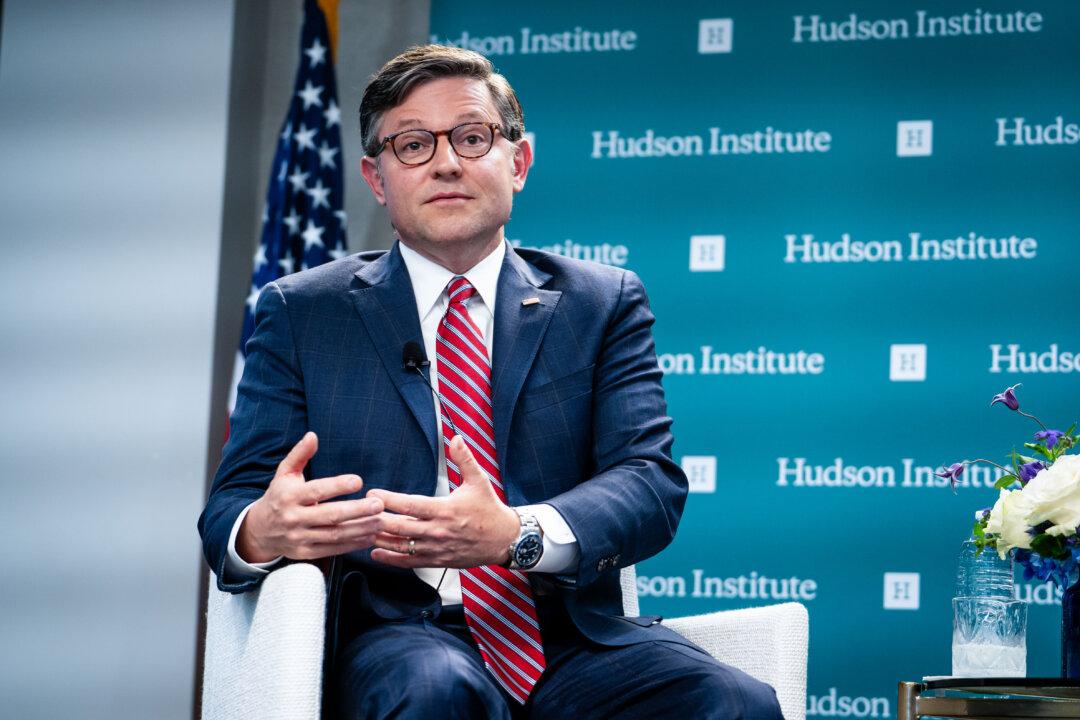WASHINGTON—The House on July 10 passed legislation that would require voters to provide proof of citizenship to vote in federal elections.
The bill was approved in a mostly party-line vote of 221–198.

WASHINGTON—The House on July 10 passed legislation that would require voters to provide proof of citizenship to vote in federal elections.
The bill was approved in a mostly party-line vote of 221–198.